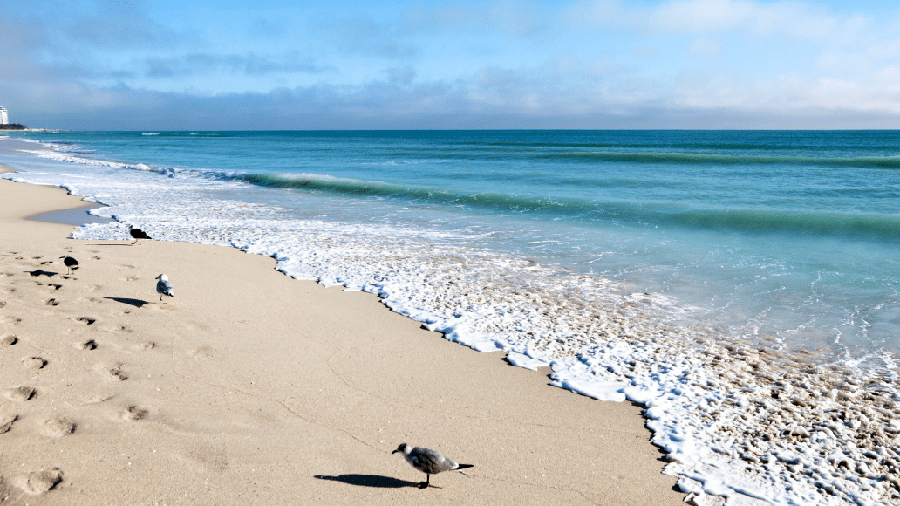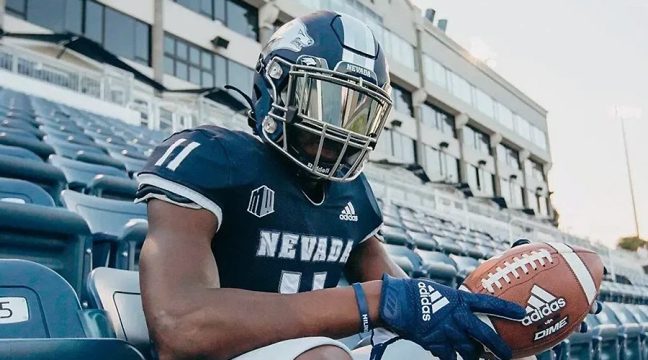A new open-source tool released by GCOOS connects AI assistants to scientific data servers, allowing oceanographers, climate researchers, marine scientists, and the public to access vast databases of ocean information.
GCOOS, the Gulf of America Coastal Ocean Observing System, is a 501(c)3 organization responsible for developing a network of business leaders, marine scientists, resource managers, governmental and non-governmental organizations, and other stakeholder groups that collect and combine their data to provide timely information about the world’s oceans, similar to the data gathered by the National Weather Service to develop weather forecasts.
For 20 years, GCOOS has provided on-demand information about the Gulf’s coastal and open-ocean waters that is “accurate, reliable and benefits people, ecosystems and the economy and is always seeking new ways to ensure that reliable data reaches the end-users who need it.”
The new GCOOS ERDDAP Model Context Protocol (MCP) Server, created by GCOOS Developer Bob Currier, bridges another gap between oceanographic databases and less knowledgeable users.
Previously, accessing ocean temperature data, satellite imagery or marine sensor readings required technical expertise and knowledge of complex database systems. Now, researchers can ask their AI assistant questions, such as “Show me water temperatures in the Gulf of America from last summer” or “Find all the data from underwater gliders near Florida.”
“Ocean data is critical for understanding our climate, managing fisheries and protecting coastal communities,“ Currier said. “But until now, that data has been locked behind technical barriers that many researchers, educators and policymakers couldn’t easily overcome.”
The tool integrates with popular AI assistants, including Claude and ChatGPT, transforming them into knowledgeable guides for exploring oceanographic data from institutions such as the National Oceanic and Atmospheric Administration (NOAA), the Integrated Ocean Observing System (IOOS) and research facilities worldwide. Users can search through thousands of datasets, preview data with statistics, and download exactly what they need, through natural conversation.
The GCOOS ERDDAP MCP Server is open-source and available at github.com/robertdcurrier/erddap2mcp.
The tool enables users to search ERDDAP datasets, retrieve metadata, and analyze variables through natural language questions rather than manually constructing URLs.
ERDDAP, NOAA’s Environmental Research Division’s Data Access program-developed data server, provides a straightforward consistent way to perform data analysis and visualization and download subsets of gridded and tabular scientific datasets in the file formats of choice. However, learning how to use ERRDAP can be daunting for new users.
The new tool requires no ERDDAP knowledge to get started, and the repository includes documentation with usage examples that demonstrate dataset discovery, variable analysis and constrained data retrieval across multiple ERDDAP servers, including NOAA CoastWatch, IOOS, and GCOOS.
Installation is straightforward, and the setup process takes less than five minutes.
“GCOOS is always striving to remove barriers to oceanographic data,“ said GCOOS Executive Director Dr. Jorge Brenner. “This new tool comes at a time when understanding ocean conditions is more important than ever for uncovering climate trends, conserving our marine environment and developing plans for coastal communities. By making ocean data accessible through simple, plain-language queries, this tool opens new doors for educators, students, policymakers, and citizen scientists to engage with real scientific data that might otherwise have been out of reach.“
GCOOS is one of 11 regional associations that partner with the U.S. Integrated Ocean Observing System (U.S. IOOS) a federal, regional and private sector partnership committed to tracking, predicting, managing and adapting to changes in our ocean, coastal and Great Lakes environments.
GCOOS data is certified by the National Oceanic and Atmospheric Administration (NOAA), indicating that the organization adheres to rigorous standards for data gathering and management practices, operates transparently and collaborates with stakeholders to inform Gulf system priorities.
Based within the Department of Oceanography (OCNG) at Texas A&M University (TAMU) in College Station, GCOOS has 36 principal investigators and 62 partners providing data from 1,730 sensors via 447 regional and federal stations. GCOOS has 181 institutional and individual members.










